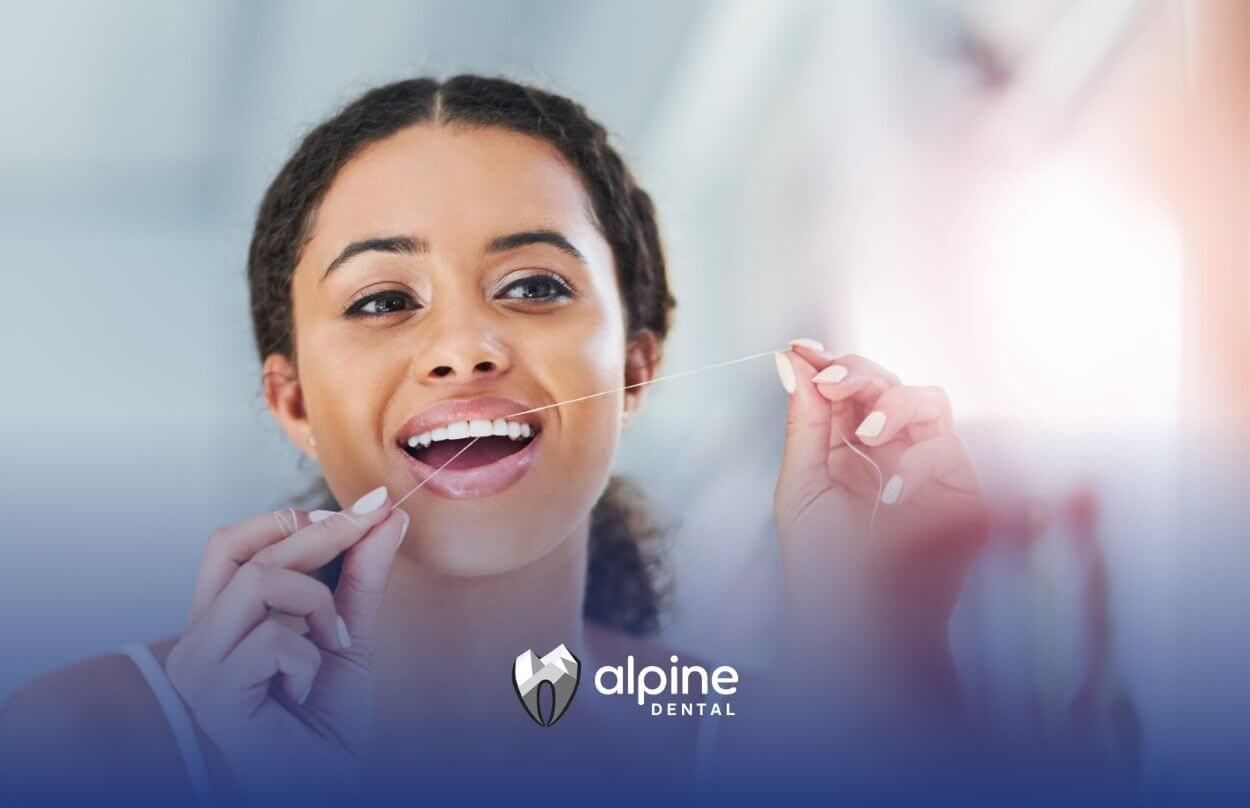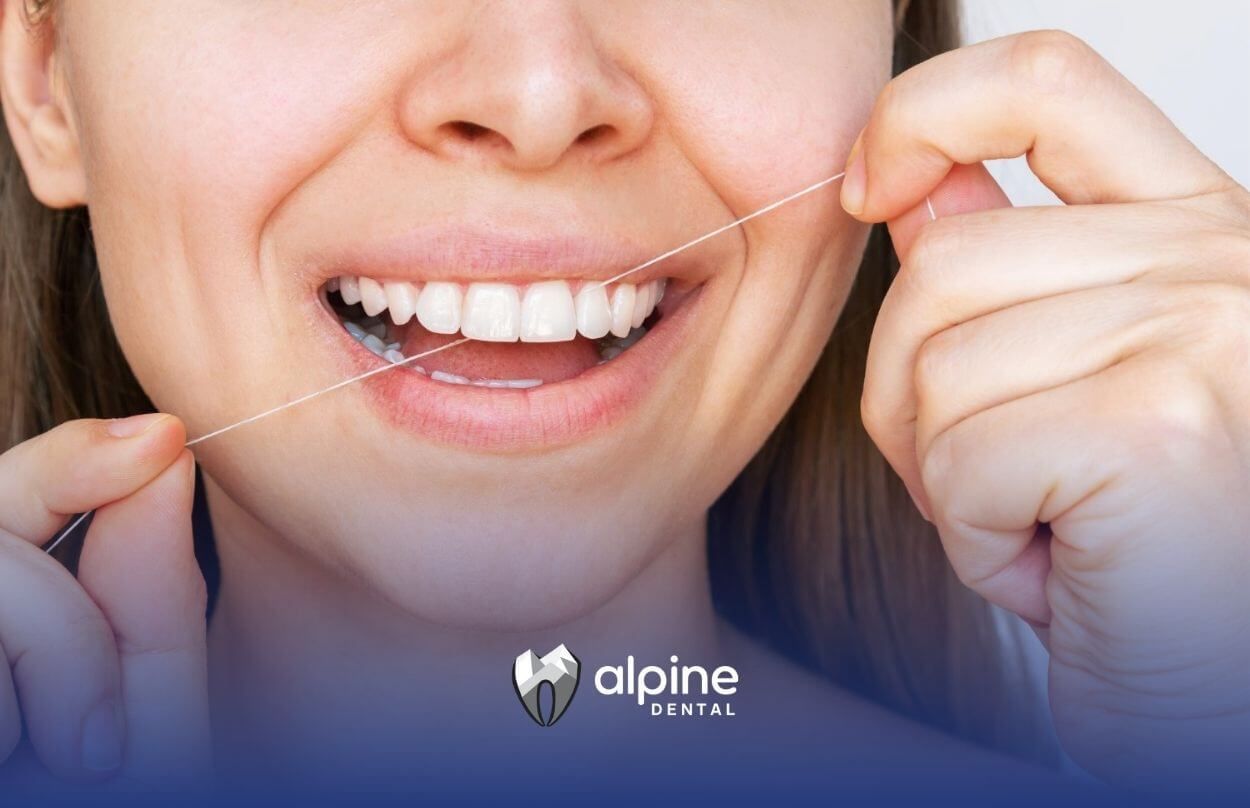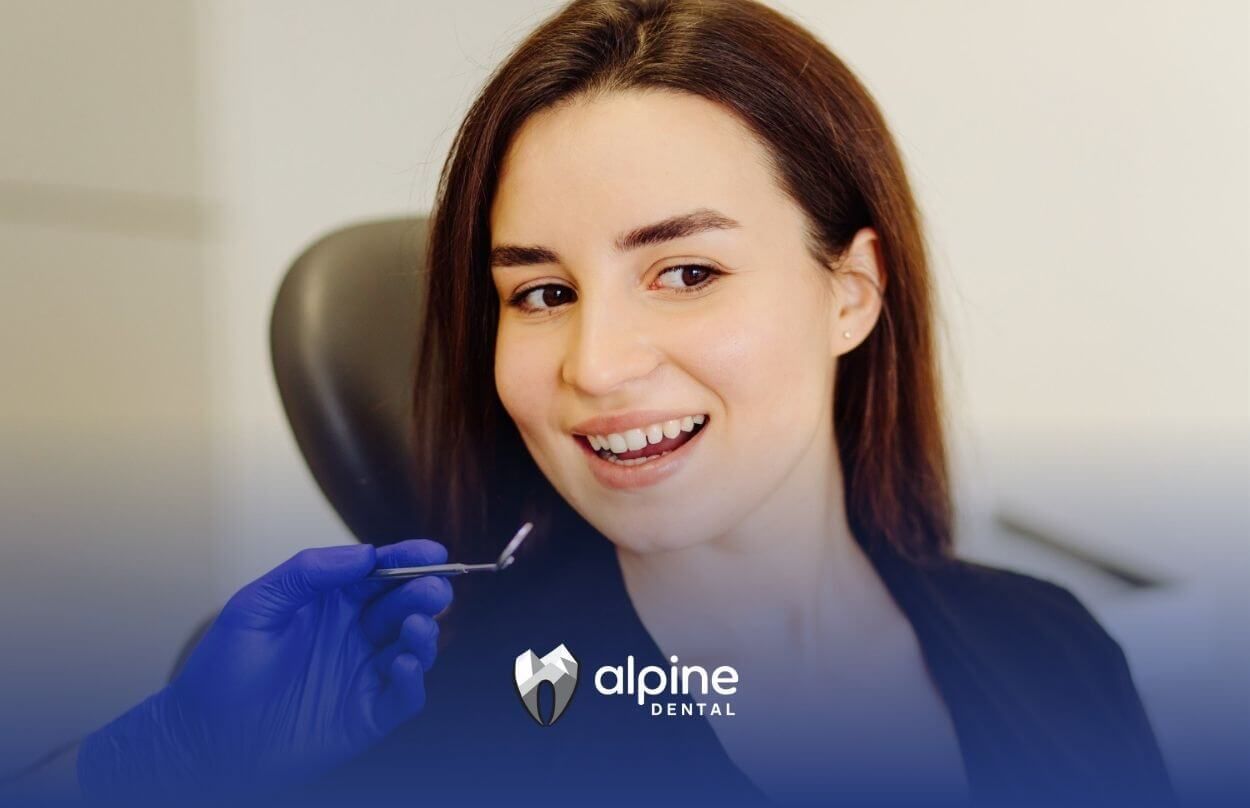How to Prevent Oral Cancer: Best Tips for Protection
Oral cancer is a serious health concern that affects thousands of people each year. The good news? It’s often preventable. By understanding the risk factors and making some simple changes to your daily habits, you can significantly reduce your chances of developing this disease.
In this guide, we'll walk you through everything you need to know about how to prevent oral cancer—from what causes it to the lifestyle adjustments and screening tips that can help keep you safe.
What Is Oral Cancer?
Oral cancer includes cancers that develop in the mouth and throat, including the lips, tongue, cheeks, floor of the mouth, roof of the mouth, gums, and the oropharynx (the middle part of the throat).
Like many cancers, oral cancer can spread if not caught early. However, with regular screenings and healthy choices, it's often possible to prevent or detect it in its earliest and most treatable stages.
Key Risk Factors for Oral Cancer
Before diving into prevention tips, it’s important to understand what increases your risk of oral cancer. Some factors are unavoidable, but many are within your control.
1. Tobacco Use
Smoking cigarettes, cigars, pipes, and using smokeless tobacco (like chewing tobacco) are major risk factors for oral cancer. Even occasional use increases your risk.
2. Excessive Alcohol Consumption
Drinking alcohol heavily—especially in combination with smoking—can increase the chances of developing oral cancer.
3. Human Papillomavirus (HPV)
Certain strains of HPV, especially HPV-16, are linked to oropharyngeal cancer. Oral sex and intimate contact can spread the virus.
4. Poor Oral Hygiene
Neglecting oral hygiene can increase inflammation and raise the risk of infection, which may contribute to cancer development over time.
5. Sun Exposure
Prolonged exposure to the sun increases the risk of lip cancer, particularly for people who spend a lot of time outdoors.
6. Diet and Nutrition
A diet low in fruits and vegetables may reduce your body’s ability to fight disease and raise cancer risks.
7. Age and Gender
Most cases occur in people over 40, and men are more than twice as likely as women to develop oral cancer.
How to Prevent Oral Cancer
Now that you know the risk factors, here are practical and effective ways to lower your risk of developing oral cancer.
1. Avoid Tobacco Products Completely
The single most effective step you can take is to avoid tobacco in all forms. Whether smoked or smokeless, tobacco introduces harmful chemicals into your mouth that damage tissues and increase your risk dramatically.
Prevention tip:
- If you’re a current smoker, speak with your doctor or a counselor about quitting. Nicotine patches, support groups, or medications can help.
- Avoid secondhand smoke, which also poses a cancer risk.
2. Limit Alcohol Intake
While moderate alcohol consumption is generally considered safe, heavy or regular drinking can damage the cells lining the mouth and throat.
Prevention tip:
- Stick to recommended alcohol limits: no more than one drink per day for women and two for men.
- Drink plenty of water and avoid binge drinking.
3. Get Vaccinated Against HPV
Since HPV is a known cause of some oral cancers, vaccination can be a highly effective prevention strategy.
Prevention tip:
- The CDC recommends HPV vaccination starting around age 11–12, but it can be given up to age 26 (and sometimes beyond).
- Practice safe sex and use protection to reduce transmission.
4. Practice Good Oral Hygiene
Keeping your mouth clean helps prevent infection, reduces inflammation, and supports a healthier oral environment.
Prevention tip:
- Brush at least twice daily with fluoride toothpaste.
- Floss every day.
- Visit your dentist for cleanings and exams every 6 months.
5. Use Lip Balm with SPF
Lip cancer is a real risk for people who spend time outdoors without protection. The skin on your lips is sensitive to UV damage, just like the rest of your skin.
Prevention tip:
- Choose a lip balm with at least SPF 30.
- Reapply frequently, especially after eating or drinking.
- Wear wide-brimmed hats for added protection.
6. Eat a Healthy, Balanced Diet
A diet rich in fruits and vegetables provides your body with antioxidants and nutrients that help protect cells from damage.
Prevention tip:
- Eat a variety of colorful fruits and vegetables daily.
- Cut back on processed and sugary foods.
- Include fiber, lean proteins, and healthy fats for overall wellness.
7. Do Monthly Self-Exams
Early detection is key to successful treatment. A self-exam can help you notice any early signs of trouble, such as:
- Sores that don’t heal
- Lumps or thick patches
- Red or white patches
- Persistent sore throat or hoarseness
- Difficulty chewing or swallowing
Prevention tip:
- Use a mirror and bright light.
- Check your tongue, cheeks, gums, throat, and the roof/floor of your mouth.
- Report any abnormalities to your dentist or doctor promptly.
8. Schedule Regular Dental Visits
Dentists play a critical role in detecting oral cancer early. During routine checkups, your dentist examines your mouth for abnormal areas, lumps, or sores.
Prevention tip:
- Visit your dentist every six months, or more often if you have risk factors.
- Ask your dentist about oral cancer screenings.
9. Stay Hydrated
A dry mouth creates an environment where bacteria thrive and tissue damage is more likely. Staying hydrated supports saliva production, which helps protect your mouth.
Prevention tip:
- Drink at least 8 glasses of water daily.
- Avoid frequent use of mouthwashes with alcohol, which can dry your mouth.
- Chew sugar-free gum to stimulate saliva if needed.
Warning Signs of Oral Cancer
Early detection saves lives. Be aware of the following warning signs and consult a healthcare professional if they persist for more than two weeks:
- Mouth sores that don’t heal
- Unexplained bleeding
- Red or white patches
- Lumps or thickened areas
- Numbness in the mouth or tongue
- Loose teeth
- Pain in the jaw, throat, or ear
- Trouble chewing, swallowing, or speaking
Don't ignore symptoms—getting checked early can make a life-changing difference.
Who Should Be Screened?
While anyone can develop oral cancer, regular screenings are especially important for:
- Tobacco or alcohol users
- Individuals over age 40
- People with HPV
- Those with a history of sun exposure or prior cancers
If you fall into any of these categories, make sure to talk to your dentist about an oral cancer screening at your next visit.
Final Thoughts
Preventing oral cancer involves more than just brushing and flossing—it requires a proactive approach to your overall health. By avoiding tobacco and alcohol, practicing good oral hygiene, eating well, staying protected from the sun, and attending regular dental visits, you can greatly reduce your risk.
Early detection is also vital. Pay attention to any changes in your mouth and don’t hesitate to bring concerns to a medical professional.
At Alpine Dental, we prioritize your long-term health and offer comprehensive exams, including oral cancer screenings. Our experienced team is here to help you protect your smile and overall well-being—because prevention starts with awareness and the right support.
Frequently Asked Questions
How often should I get screened for oral cancer?
If you’re at average risk, dental professionals typically screen for oral cancer during regular dental checkups every six months. If you have risk factors like tobacco use or HPV, more frequent screenings may be recommended.
Is oral cancer curable if caught early?
Yes, oral cancer has a high survival rate when detected in the early stages. This is why regular screenings and prompt attention to symptoms are so important.
Can oral cancer occur even without smoking or drinking?
Yes, while smoking and drinking increase the risk, other factors like HPV, genetics, poor oral hygiene, and sun exposure can also lead to oral cancer. Everyone should remain vigilant regardless of lifestyle.
Sources:
- https://www.nidcr.nih.gov/health-info/oral-cancer
- https://www.mouthcancerfoundation.org/alcohol/
- https://www.cancer.gov/types/head-and-neck/patient/adult/oropharyngeal-treatment-pdq
- https://www.mayoclinic.org/diseases-conditions/lip-cancer/symptoms-causes/syc-20355079
- https://www.hopkinsmedicine.org/health/conditions-and-diseases/oral-cancer-and-tobacco




